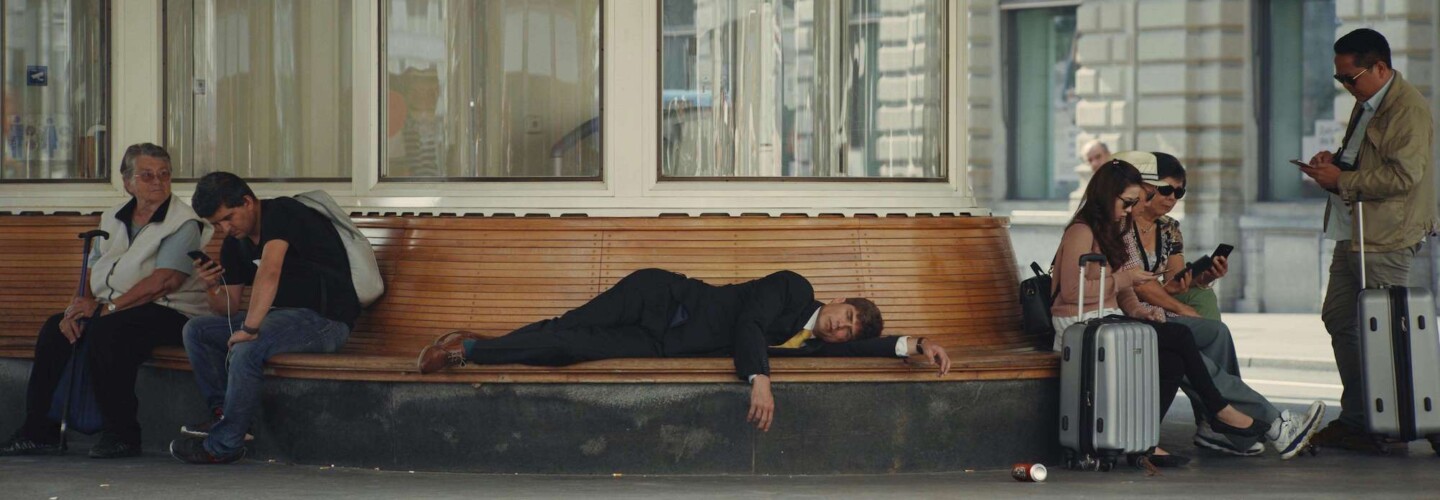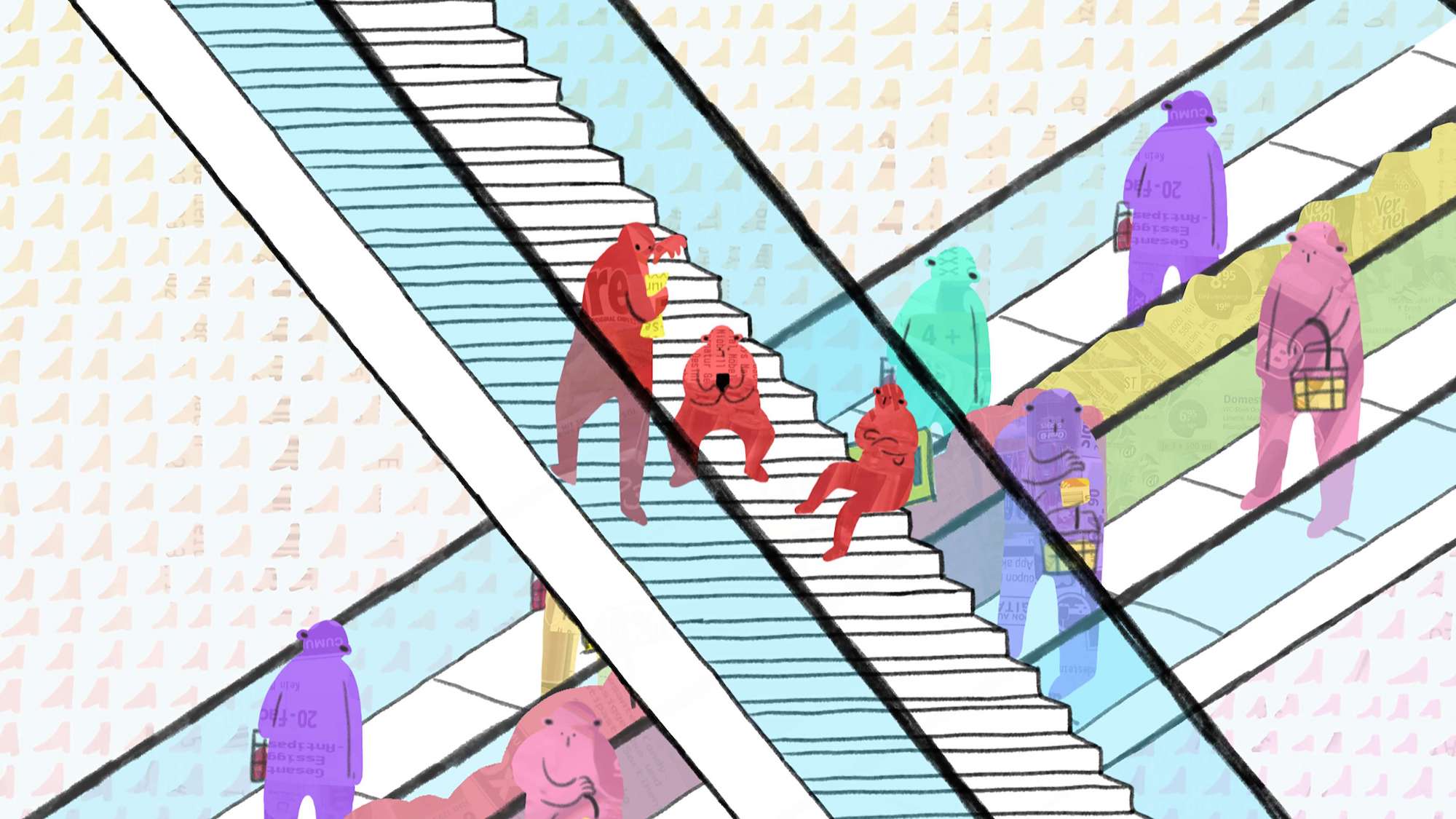
This time last year I was sunning it up on the banks of Lago Maggiori, calmly walking each morning from my hotel to see the latest offerings from the idiosyncratic Locarno Film Festival. This year, this in-person opportunity was sadly unavailable (thanks COVID!), yet the dynamic hosts have still found a way to showcase almost all of their short films online.
The Locarno Shorts may not be as politically pointed as Sheffield Doc/Fest or as daring as the Berlin Film Festival, yet their humanist instinct is far stronger, finding deeply wrought tales of comings and goings, transformations and connections. We have slimmed down their considerable selection of 50+ short films, across three sections — the International Competition, Swiss Competition and the Open Door Screenings (with a focus on South East Asian and Mongolian cinema) — to recommend the very finest movies the Swiss festival has to offer.
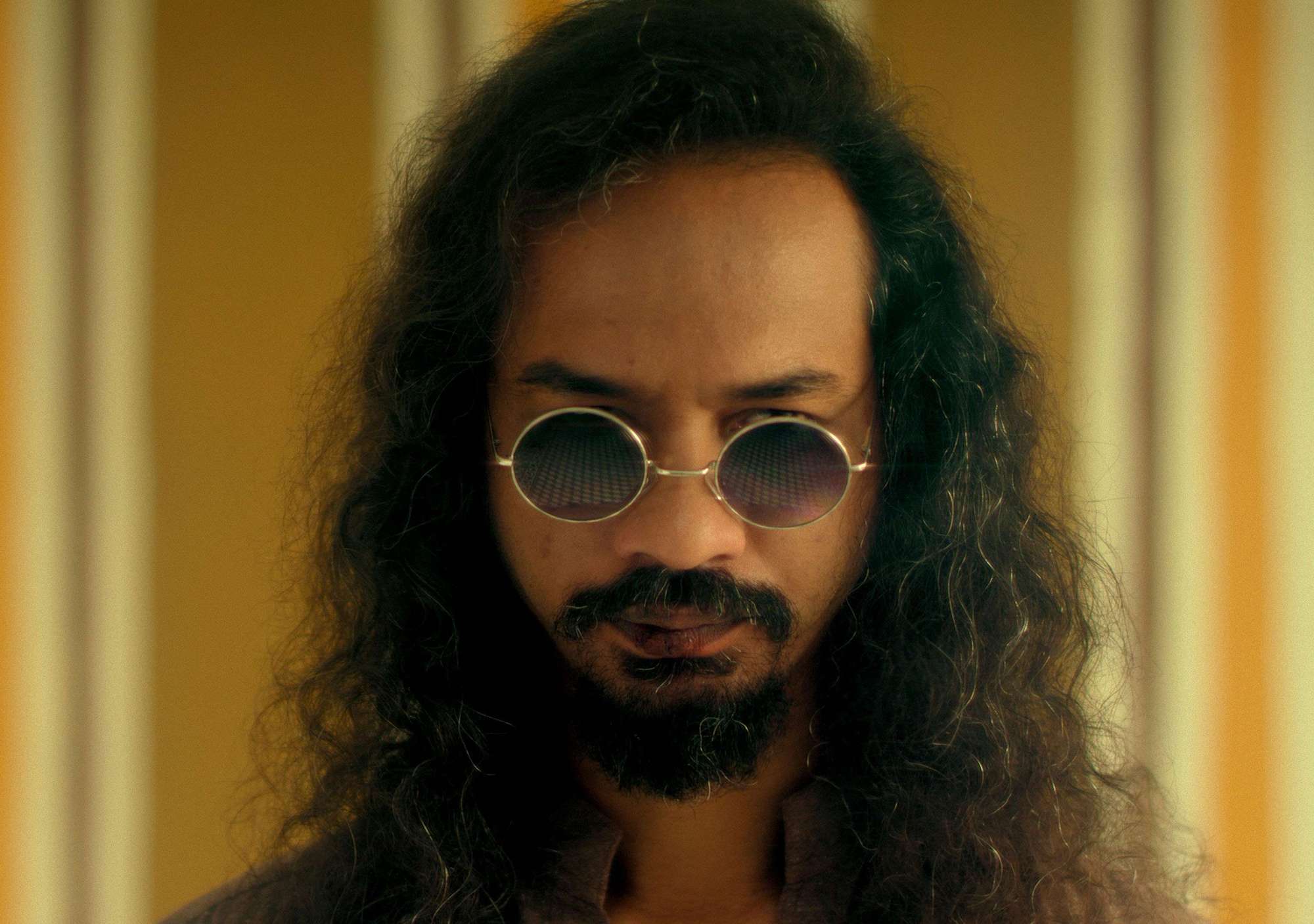
1978 by Hamza Bangash
Referring to the year Pakistan became considerably more militant in its adherence to Islamic beliefs, 1978 follows Christian rock star Lenny as he faces political pressure to change his act. Featuring great production design and pitch-perfect 70s Pakistani music, it’s a fitting portrait of one man’s refusal to move with the times.

Gramercy by Pat Heywood and Jamil McGinnis
Blending monochrome and colour frames, elegant flowing shots with expressive close-ups, Gramercy — telling the story of a young depressed man returning to his hometown in New Jersey — is a searching exploration of home and brotherhood. And while its plus-twenty minute runtime allows for a few unnecessary excesses, it suitably reflects its protagonist’s messy, seemingly unresolvable, life.
History of Civilization by Zhannat Alshanova
Easily my favourite short of the festival, the Kazakhstani entry History of Civilization is deceptively simple; telling the story of the last day of a teacher’s life in Almaty before she heads off to London. Yet beneath this cool exterior is a profound reverie on home, nationhood and destiny, suggesting more through doing less. With a great scene on a rooftop near the end accompanied by what sounds like the chords of Egor Letov’s post-punk Soviet protest song Everything Goes According to Plan, the film mixes the personal and the political to great effect.
Icemeltland Park by Liliana Colombo
The world is one big theme park, according to Icemeltland, and like the infamous Jurassic Park, violent spectacle is treated as entertainment. Here shocking footage of the ice caps melting is accompanied by the whoops of insensitive tourists. Later interwoven with devastating tsunami and flooding scenes, and Icemeltland Park reminds us that a disaster-movie scenario is already happening in real time, and, if we don’t do something soon, will get much, much worse.
The Chicken by Neo Sora
This slice-of-life drama centres on two Japanese cousins: one well established in New York, but dreaming of a move to Siberia; another visiting for the first time and bemused he can’t smoke inside. Together they observe the world around them with a mixture of morbid fascination and confusion, leading up to a deeply enigmatic, yet somewhat fitting conclusion.
The End of Suffering (A Proposal) by Jacqueline Lentzou
This is the kind of film that shouldn’t work on paper but absolutely nails the execution. A dialogue between a young woman on earth and a higher being from Mars who communicates solely through subtitles, the result is a bizarre yet affecting meditation on the human condition accompanied by provoking footage of the Red Planet.
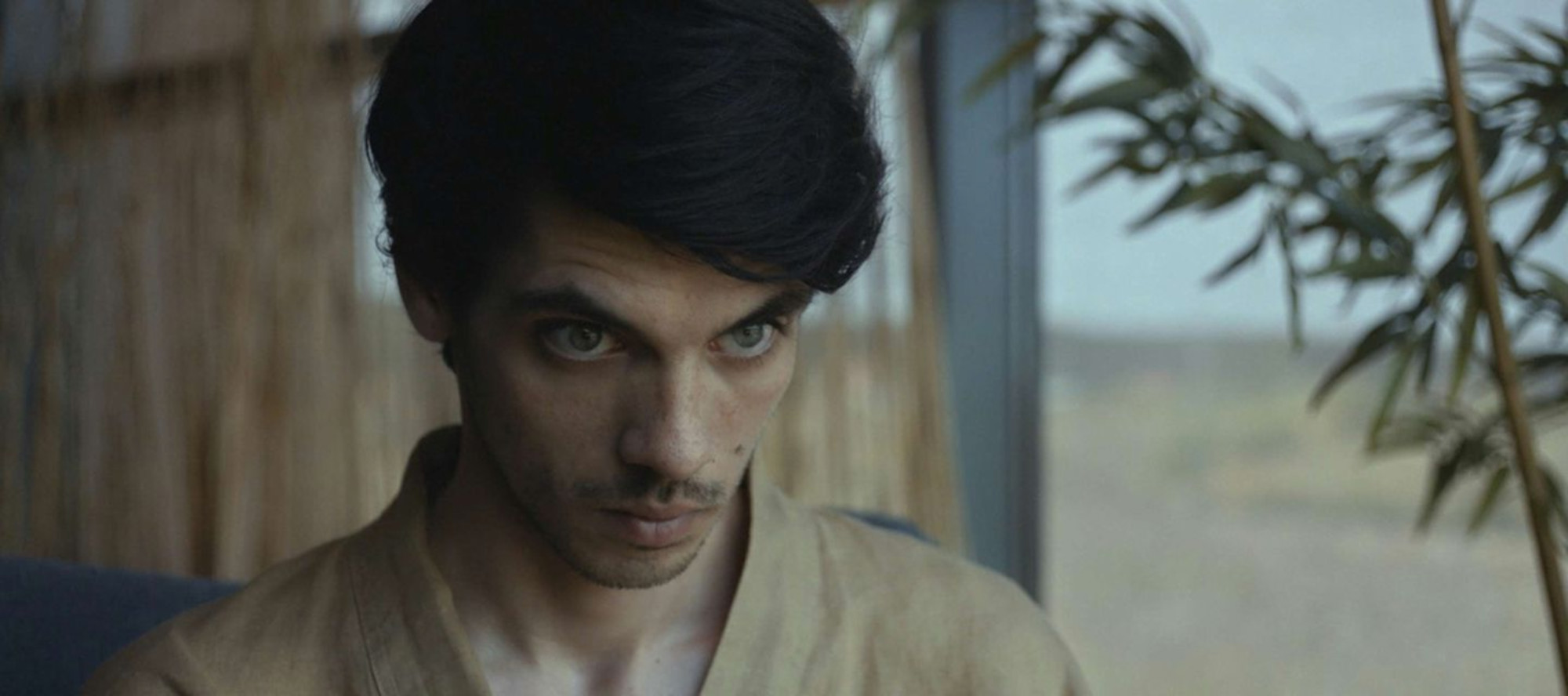
The Parallel State by Octav Chelaru
The Parallel State is an understated Romanian game of cat-and-mouse revolving around a strange spa resort and a young man roped in to prevent a ransomware attack on a criminal’s laptop. But things aren’t exactly what they seem in this deceptive thriller, using its cool, unassuming surface to suitably ironic effect.
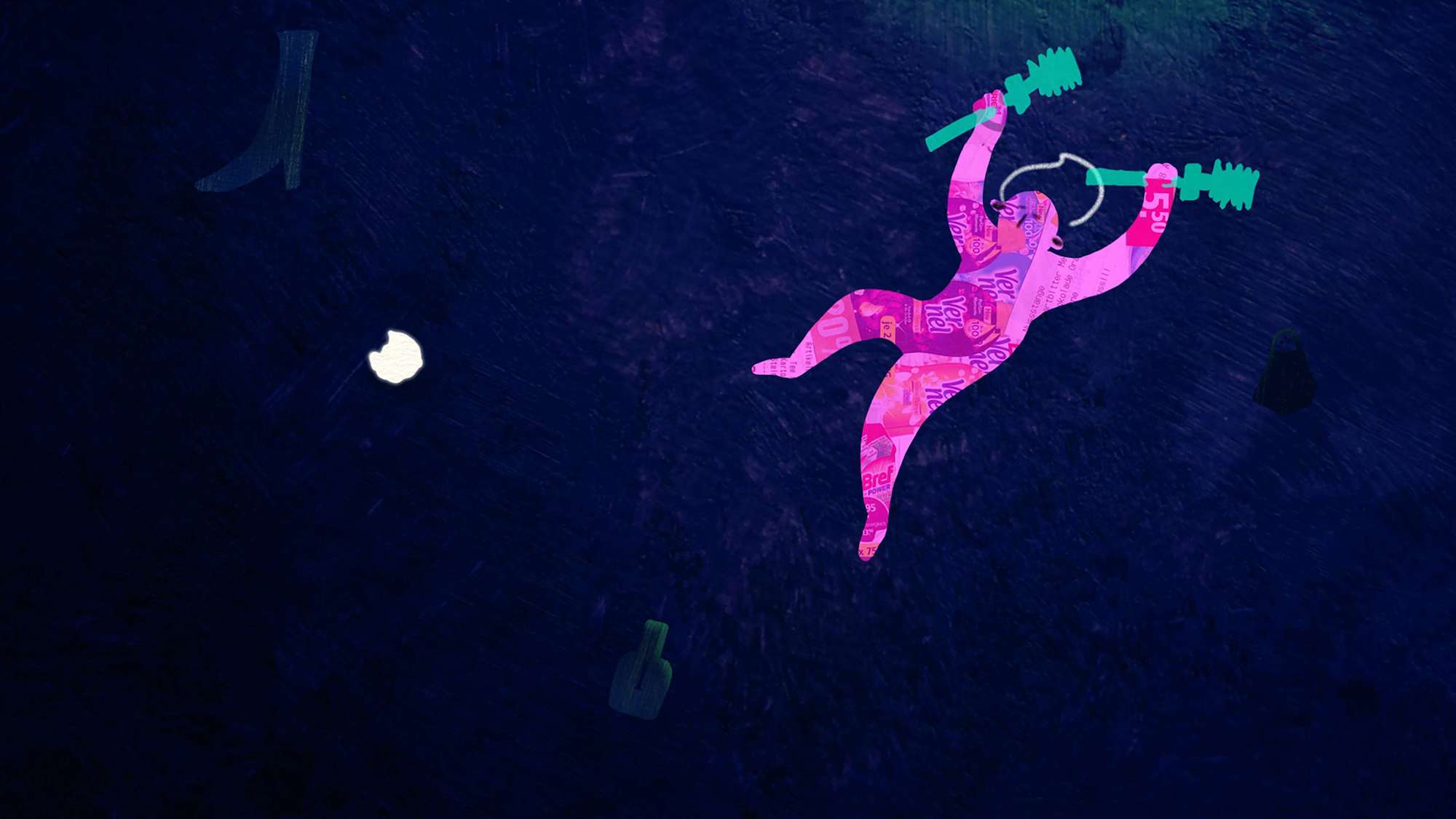
Megamall by Aline Schoch
Receipt-shaped people go up and down on escalators in a huge, brightly coloured mall. But a nether-world lays just beneath, threatening to pull everything into disarray. The result is a humorous deconstruction of mankind’s endless desire to consume.
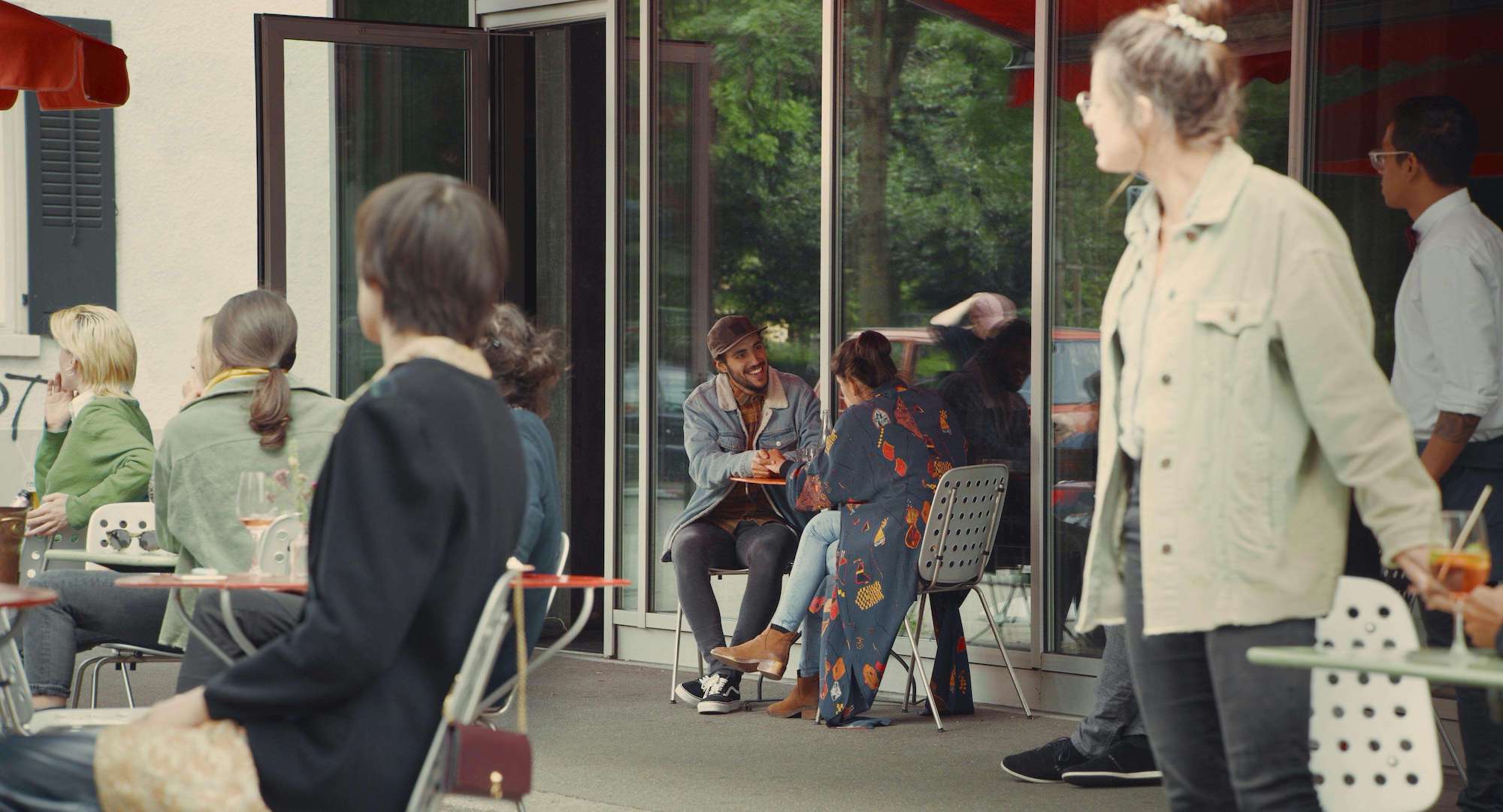
People on Saturday by Jonas Ulrich
A Roy Andersson-like collection of tableaus detailing what only can be called “the struggle” — those frustrating moments in everyday life, like not being able to pay for a train ticket with the coins you have, or being stuck in a traffic jam, that we all encounter on a regular basis. With a strong depth of frame, as well as a great eye for visual punchlines, Jonas Ulrich’s short is both deeply funny and deeply human, and worthy successor to his impressive slow burner Thin Air (Höhenwahn).
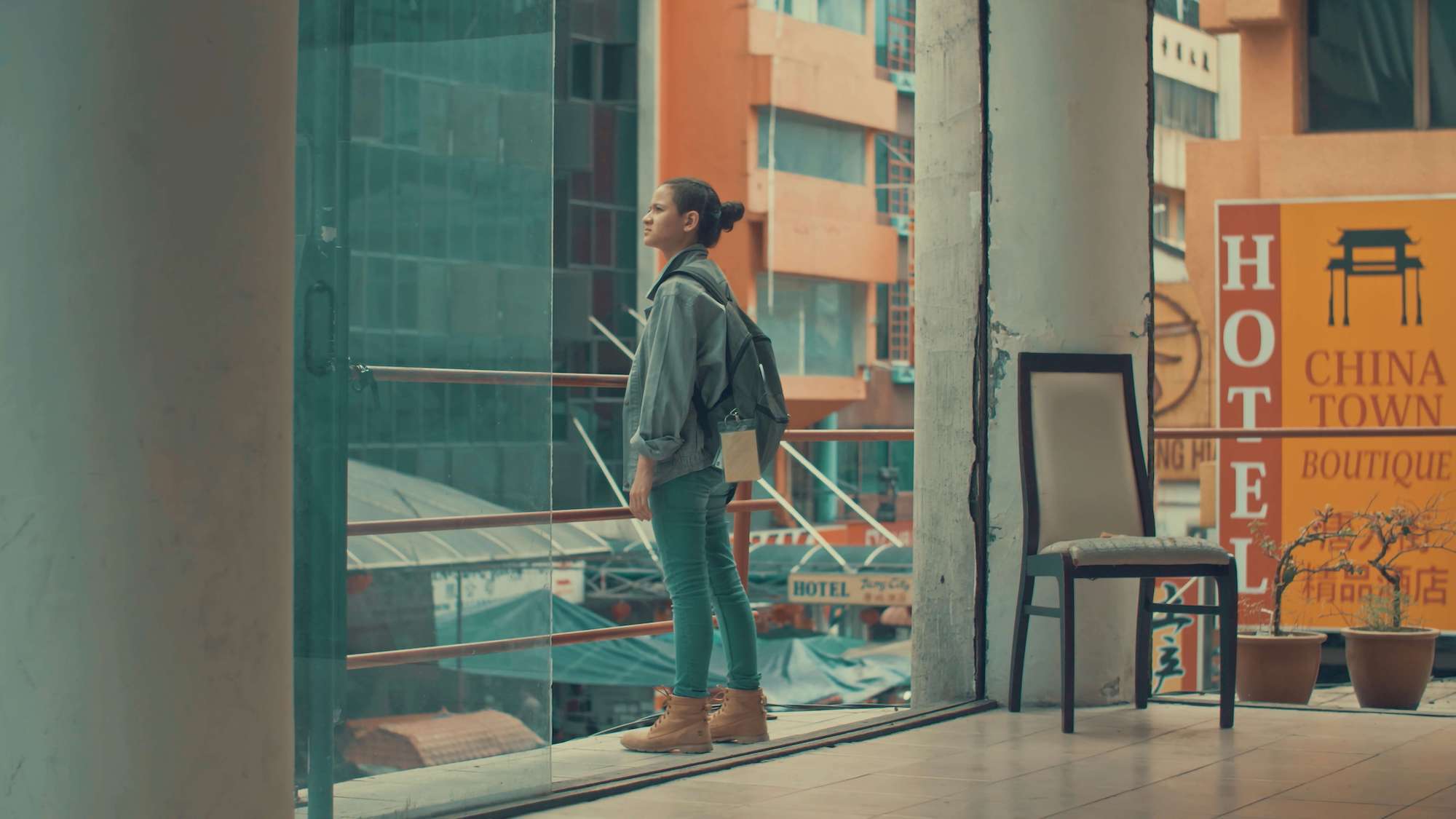
The Ruby by Ling Low
Set in Chinatown, Kuala Lumpur, the world of The Ruby is a mixture of dialects, building styles, ethnicities and sounds. A teenage girl rocks up to a ruined hostel in the middle of town, only to find that it was once the scene of far greater things. Using a generous 28-minute runtime, The Ruby allows us to explore the uniqueness of the world, showing mankind’s infinite capacity for reinvention in the process.
Find more unmissable films in our Best of Fest collections.

